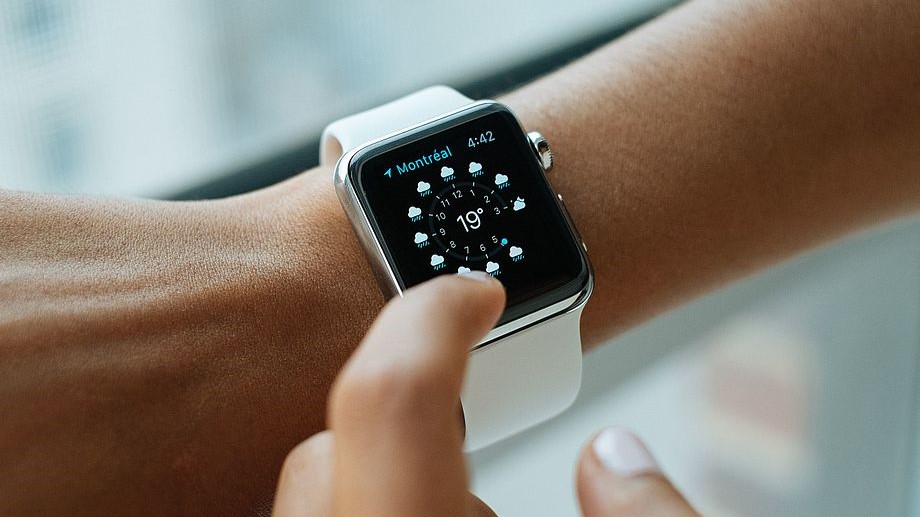BioXcel to trial Apple Watch-drug combination to prevent Alzheimer's agitation episodes

US biotech BioXcel Therapeutics hopes to use wearable digital devices such as the Apple Watch to predict whether patients with Alzheimer’s are becoming agitated, so that the company’s developmental drug BXCL501 can be administered to prevent the episode from escalating.
The company said it is planning a feasibility study involving commercially available devices such as the Apple Watch to measure nervous and motor system activity, relevant to agitation and BSCL501’s mechanism of action.
Connecticut-based BioXcel said it plans to combine its drug development expertise and the AI technology of its parent corporation, BioXcel Corporation, as well as collaborating with clinical investigators and a third-party digital technology partner.
The goal is to use data to develop an integrated patient management system that could enable early intervention if patients start to become agitated, using a predictive algorithm.
This could be used in conjunction with BXCL501 for prevention and early identification of agitation in patients with Alzheimer’s dementia and other medical conditions including delirium and PTSD.
Using smart watches and wearables to predict onset of symptoms caused by chronic conditions is nothing new – there are already several Apple Watch-based products that pick up early signs of atrial fibrillation.
But BioXcel is blazing a trail by using the technology to try and prevent symptoms of agitation in patients with neurological diseases or mental health conditions.
BXCL501 is an investigational, proprietary sublingual thin film of dexmedetomidine, a selective alpha2 A -adrenergic agonist designed for the treatment of acute agitation.
BioXcel believes that BXCL501 directly targets a causal agitation mechanism, saying it has observed anti-agitation effects in clinical studies across several neuropsychiatric indications.
BXCL501 is currently being developed for agitation associated with schizophrenia and bipolar disorders followed by Alzheimer's/dementia.
BioXcel tries to fashion new medicines from existing approved drugs, or those that have already been trialled, using big data and its own machine learning algorithms to identify new uses.
BXCL501 is the most advanced drug in its pipeline, and it is also developing BXCL701, an oral drug that activates the innate immune system for a rare form of prostate cancer and pancreatic cancer in combination with other immune-oncology agents.












